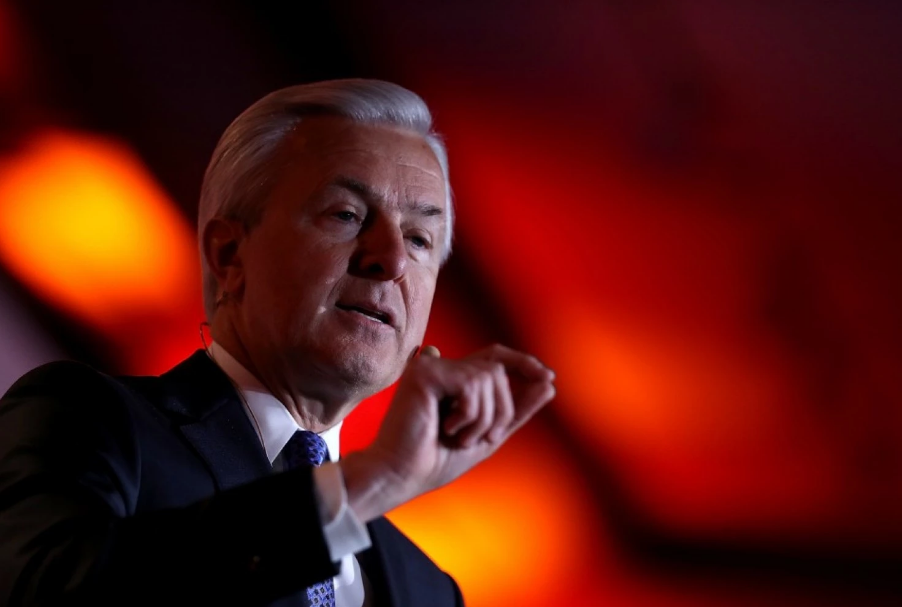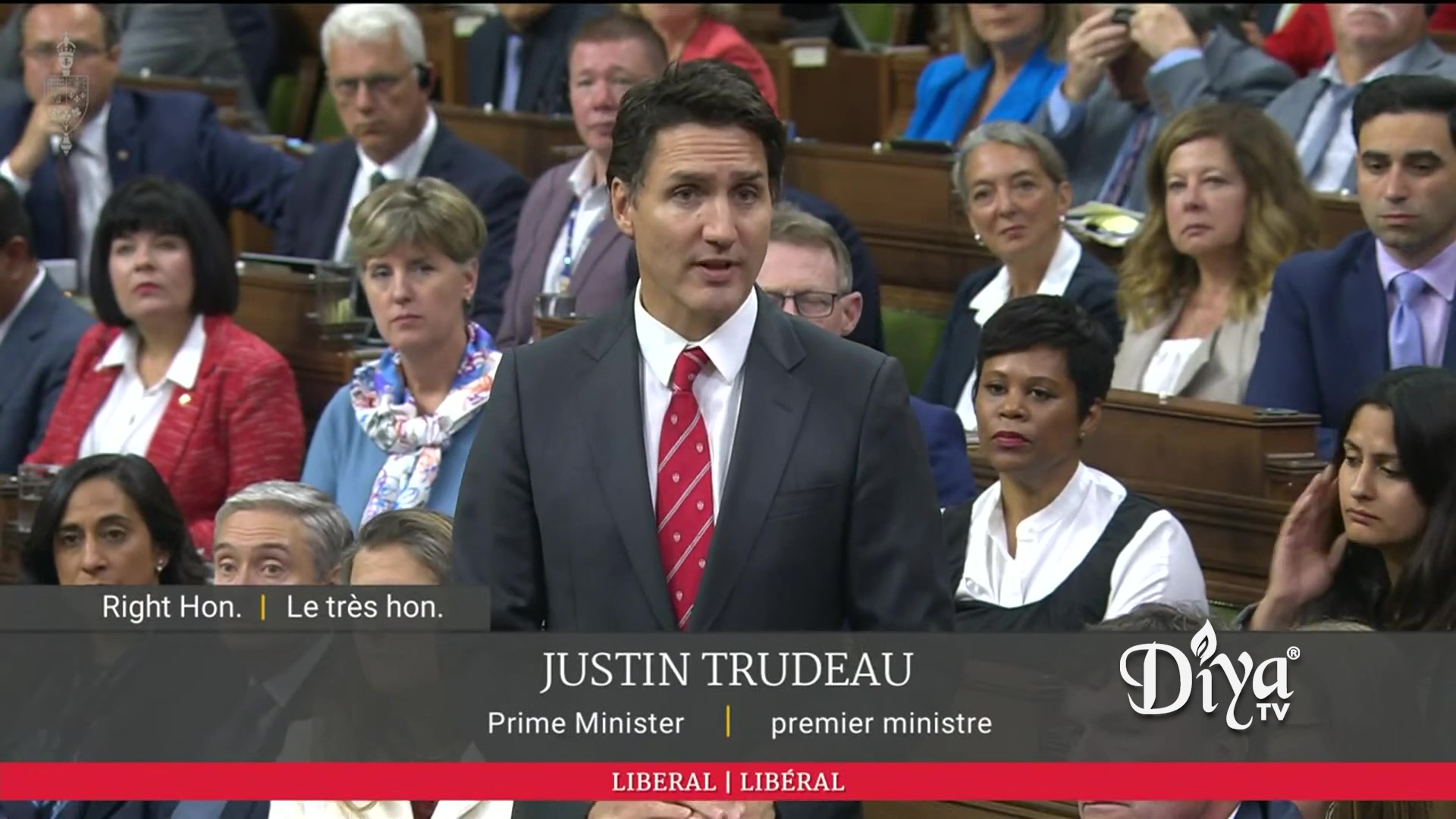
WASHINGTON (Diya TV) — The controversy surrounding Wells Fargo once again picked up momentum this weekend after Democratic lawmakers took aim at the millions in bonuses senior executives earned while thousands of the bank’s employees created up to 2 million sham accounts in order to meet sales goals.
Accountability for the scheme, which unfolded over a period of five years and led to a $185 million fine, should be placed squarely on the shoulders of the bank’s executives, wrote lawmakers, including Sen. Elizabeth Warren, in a letter to the company. While Wells Fargo has said it fired 5,300 employees for the misconduct during that period, the company’s senior leadership appears to have escaped accountability, they said.
“We need to know the positions of the 5,300 employees that were terminated, especially those who were in top management levels,” said Rep. Al Green (D-Tex.) during a conference call with reporters. “We need to know did management encourage this kind of activity?”
“The bigger issue here is how is Wells Fargo being managed?,” said Rep. Brad Sherman (D-Calif.). “It’s not like they missed one thing — 5,300 wrongdoing employees over a period of over five years.”
Lawmakers have focused their concerns on the actions of Carrie Tolstedt, the former head of the company’s Community Bank unit. All of the employees fired for being involved in the scheme worked in that unit. Tolstedt, a 27-year company veteran, and one of the most powerful women in banking, earned $20 million in bonuses between 2010 and 2015, according to a letter sent to the company by five Senate Democrats. Tolstedt announced her retirement in July and, according to Fortune, will walk away with about $125 million.
“Clawback provisions are designed to prevent exactly what happened with Ms. Tolstedt: shareholders and consumers bearing the burden of bank misconduct while senior executives walk away with multi-million dollar awards based on what the company later finds out are fraudulent practices,” Warren of Massachusetts and four other Senate Democrats said in a letter to the company Friday.
In an interview earlier this week, Wells Fargo’s Chief Executive John G. Stumpf, said that it would be up to the company’s board to decide whether there could be “clawbacks” that would force executives to return some of their bonuses.
The scandal has erupted just as regulators have begun putting into a place a new system of checks and balances in how Wall Street executives are paid, addressing years of complaints that excessive bonuses helped lead to the 2008 financial crisis. Long-awaited, the rules are aimed at stopping executives from making risky financial bets to boost their pay and then collecting large bonuses before the fallout is clear. Under the proposed rules, big banks could demand the return of executives’ bonuses if their gambles didn’t pay off.
Banking industry officials have complained that the rules go too far.
The scandal at San Francisco-based Wells Fargo is adding new fuel to long-simmering populist anger over the causes of the 2008 financial crisis. During the last year, the industry has faced renewed criticism that the largest U.S. banks are too big and aren’t held responsible for wrongdoing.
How many people at Wells Fargo are going to go to jail? Zero. But if you smoke marijuana in this country, you get a criminal record.
— Bernie Sanders (@SenSanders) September 16, 2016




